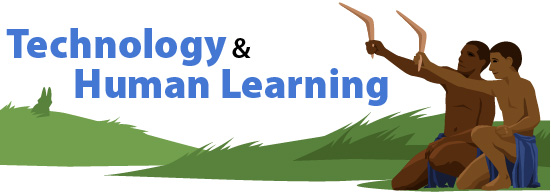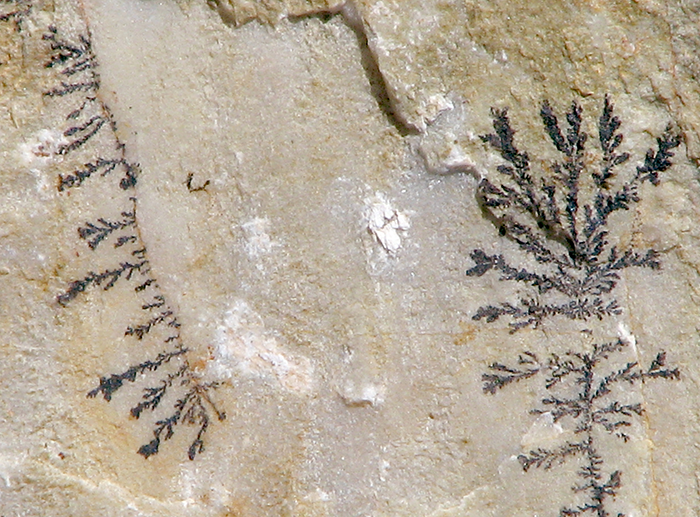
Keeping up with the Joneses: Biased learning and copying
You’ve just arrived at the ballpark, and you make your way to your seat. Right when you sit down, everyone around you stands up. “What was that?” you wonder. A few seconds later, they do it again, so you stand up too. Then you notice a pattern. People are standing up and sitting down in a pattern going around the stadium.
 At first, just a few people were doing "The Wave." But eventually the whole stadium was doing it, and it looked like a ripple going around the seats. When culture changes, it happens in similar ways. One way is called biased copying. The idea behind biased copying is that people tend to learn from watching someone else. If people in the seats on the other side of the stadium stood up, you probably wouldn’t stand up with them. But since the people near you stood up, you knew you should also stand up.
At first, just a few people were doing "The Wave." But eventually the whole stadium was doing it, and it looked like a ripple going around the seats. When culture changes, it happens in similar ways. One way is called biased copying. The idea behind biased copying is that people tend to learn from watching someone else. If people in the seats on the other side of the stadium stood up, you probably wouldn’t stand up with them. But since the people near you stood up, you knew you should also stand up.
You can’t copy what everyone does, so your brain picks and chooses the best way to do something. Other times you may choose to do the thing that most people are doing, which is known as frequency-based bias. When you are at the stadium, this happens when everyone stands up for the national anthem, so you do too.
Another form of biased copying is prestige bias. This happens because humans are good at figuring out who is successful. At your school, there might be someone who is the best at sports. Someone else may be the smartest in the class. We often try to copy things about that person so that we will be successful too. Advertisers have known about this for a long time and use celebrities to endorse their products. They hope that we will buy their product because a successful person claims to use it.
Be Part of
Ask An Anthropologist
By volunteering, or simply sending us feedback on the site. Scientists, teachers, writers, illustrators, and translators are all important to the program. If you are interested in helping with the website we have a volunteers page to get the process started.

